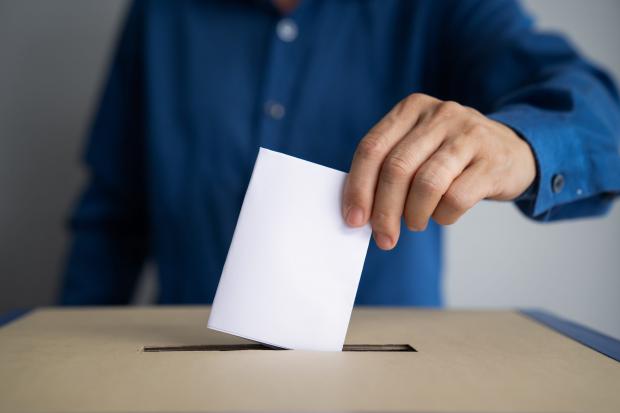
Breaking News
 Trump pardons Mets legend, 'Celebrity Apprentice' alum Darryl Strawberry over tax evasion co
Trump pardons Mets legend, 'Celebrity Apprentice' alum Darryl Strawberry over tax evasion co
 You WON'T BELIEVE How Much Money We're REALLY Sending To Israel!
You WON'T BELIEVE How Much Money We're REALLY Sending To Israel!
 China CANCELS U.S. Soybean Order?! Joel Salatin
China CANCELS U.S. Soybean Order?! Joel Salatin
 Ep 38 Jonathan Haidt: on The Anxious Generation: Childhood in Social Media Age & Fragile College ...
Ep 38 Jonathan Haidt: on The Anxious Generation: Childhood in Social Media Age & Fragile College ...
Top Tech News
 HUGE 32kWh LiFePO4 DIY Battery w/ 628Ah Cells! 90 Minute Build
HUGE 32kWh LiFePO4 DIY Battery w/ 628Ah Cells! 90 Minute Build
 What Has Bitcoin Become 17 Years After Satoshi Nakamoto Published The Whitepaper?
What Has Bitcoin Become 17 Years After Satoshi Nakamoto Published The Whitepaper?
 Japan just injected artificial blood into a human. No blood type needed. No refrigeration.
Japan just injected artificial blood into a human. No blood type needed. No refrigeration.
 The 6 Best LLM Tools To Run Models Locally
The 6 Best LLM Tools To Run Models Locally
 Testing My First Sodium-Ion Solar Battery
Testing My First Sodium-Ion Solar Battery
 A man once paralyzed from the waist down now stands on his own, not with machines or wires,...
A man once paralyzed from the waist down now stands on his own, not with machines or wires,...
 Review: Thumb-sized thermal camera turns your phone into a smart tool
Review: Thumb-sized thermal camera turns your phone into a smart tool
 Army To Bring Nuclear Microreactors To Its Bases By 2028
Army To Bring Nuclear Microreactors To Its Bases By 2028
 Nissan Says It's On Track For Solid-State Batteries That Double EV Range By 2028
Nissan Says It's On Track For Solid-State Batteries That Double EV Range By 2028
Why Food Stamp Recipients (and Government Contractors) Should not Be Allowed to Vote

Many people—especially the kind who don't spend their time tracking federal spending—have been shocked by the fact that one in eight Americans—12 percent of the population—receives food stamps. That's about 42 million people. Moreover, most food stamp recipients receive other forms of government "welfare" as well.
For many, these statistics flying around social media and among podcasters have served to highlight the sheer size of the American population that receives government money as a substantial portion of their income.
This raises an important question: if a sizable portion of a person's income comes from tax dollars, should that person be eligible to vote himself access to even more tax dollars?
Some think not. This woman, for instance, received 64K likes when she stated: "I don't think these people should vote. Honestly, how can you vote freely, when you're being bought?"
She's right.
This is a controversial take, to say the least. Yet, many people who act aghast at the idea would also surely regard it as a bad thing if a politician voted "yes" to awarding a government contract to his own company. This is because many people understand that being in a position to vote to send yourself more taxpayer money involves a conflict of interest. Historically, a member of a city council or legislature has often been expected to refrain from voting when he can personally benefit financially from his own vote. It is understood that anyone voting in this situation is not voting "freely" but is biased in favor of enriching himself at the expense of others.
Yet, few people think twice when a voter casts his ballot for a politician who has promised to give that voter more taxpayer money. Sometimes, at the state level, voters will cast their ballot to directly enrich themselves through ballot initiatives and referenda. This, we are told is all perfectly fine because voting is allegedly some kind of sacred right.

 Carbon based computers that run on iron
Carbon based computers that run on iron

